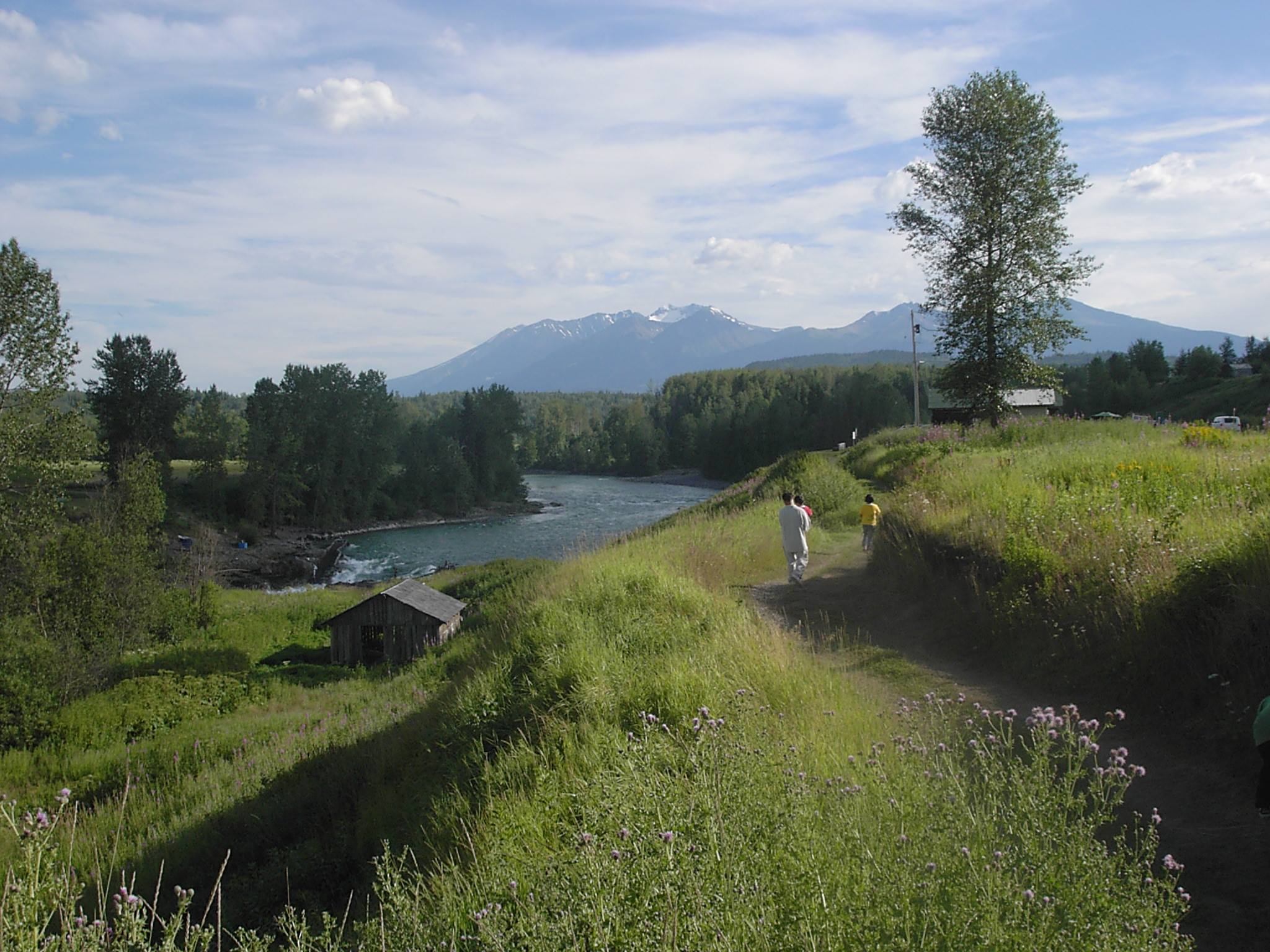Research and social environment
Research and social environment
Research results are generally attributed to individuals. But social environment greatly influences how research is done. We will go over some examples.
The concept of blackhole is usually attributed to Einstein’s general relativity. The specific condition for the formation of blackhole is called Schwarzschild radius. Schwarzschild derived the result from the theory of general relativity. However, the result has already been published in 1804 by Soldner. How did Soldner derive the result?
At that time, the particle theory of light was very popular. By treating light as particles, Soldner derived the condition when light could not escape the gravity. It is the same method to calculate the condition when a planet could not escape a star. In high school, many of us had calculated at what speed Earth could escape the gravitational pull of Sun. Soldner calculated the condition for blackhole with the same idea.
Soon after Soldner’s calculation, the wave theory of light became dominant. With wave theory of light, few would think about the problem that light might be trapped by gravity. Soldner’s result got neglected.
But wave theory also brought new ideas in the research of gravity. In particular, Maxwell’s theory of electromagnetic wave had a strong influence on the thinking of gravity. Some people thought gravity force travels at the speed of light. With that idea, Paul Gerber derived the formula of perihelion precession of Mercury in 1898.
Both particle theory of light and wave theory of light enrich our understanding of nature. But later social environment becomes less tolerant. Discussing historical facts not consistent with mainstream narrative constitutes “ulterior motive”. Soldner’s work on blackhole and Gerber’s work on perihelion precession “faded from view”
Social environment not only heavily influence how science is done, but also heavily influence how history is presented. Indeed, both are intimately intertwined. "Who controls the past controls the future. Who controls the present controls the past." Observed George Orwell
